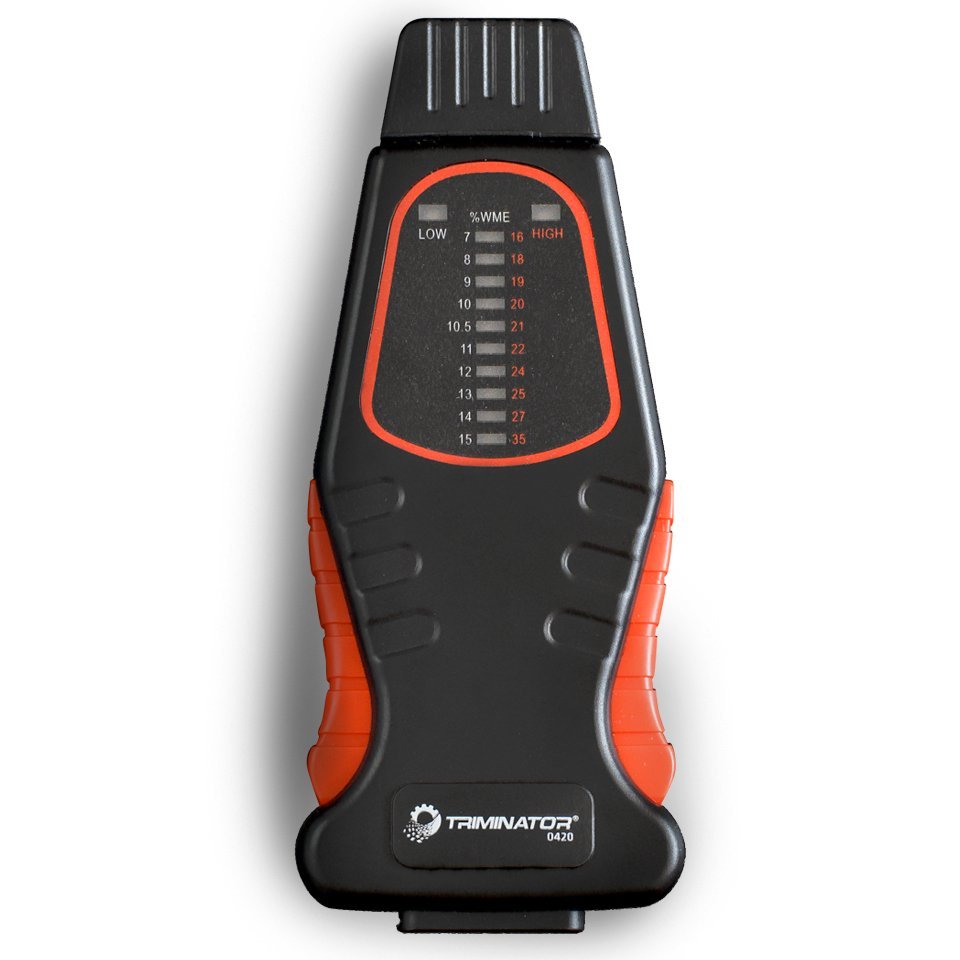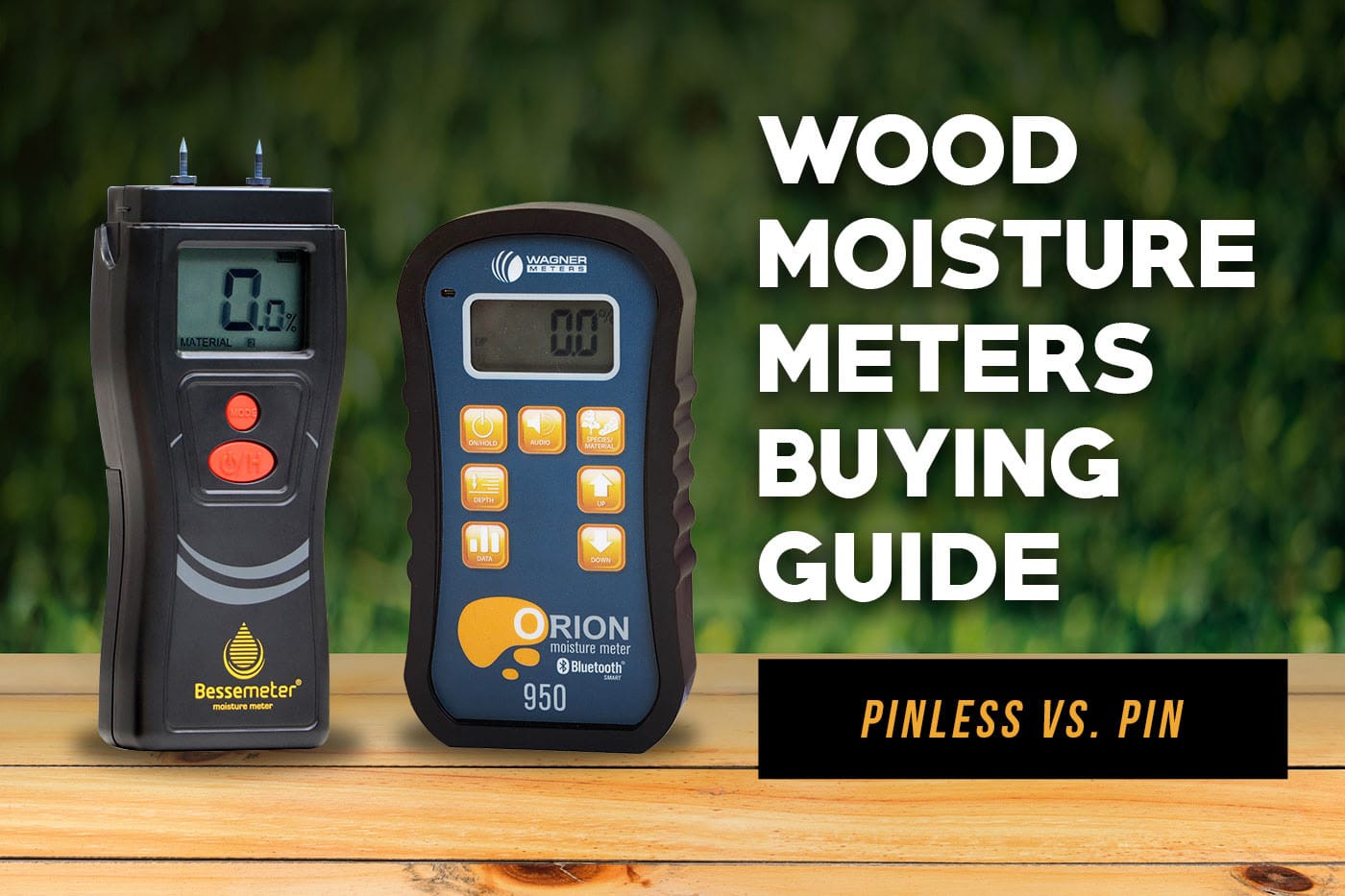Moisture Meter Reviews: Comparing the very best Designs for Professional and DIY Use
Moisture Meter Reviews: Comparing the very best Designs for Professional and DIY Use
Blog Article
The Ultimate Guide to Dampness Meters: A Comprehensive Review and Exactly How They Can Conserve You Money
In the world of structure upkeep, construction, and different sectors, the importance of precisely determining moisture degrees can not be overemphasized. Dampness meters function as crucial tools in identifying and keeping track of moisture web content in products, aiding in preventing pricey problems and making certain the top quality of items. Recognizing the subtleties of different kinds of moisture meters, their applications, and the possible cost-saving advantages they use can be a game-changer for specialists and businesses alike. Finding exactly how these devices can not just simplify processes however additionally add to economic cost savings is a journey worth starting.
Types of Dampness Meters
One typical kind is the pin-type wetness meter, which measures the electrical resistance between 2 pins inserted into a product. Pinless moisture meters, on the other hand, usage electromagnetic sensing unit plates to check a larger location without creating damage to the material's surface.

Infrared wetness meters gauge the thermal homes of a product to identify its wetness web content non-invasively, making them useful for applications where pin or pinless meters might not be suitable. Understanding the various types of wetness meters available can assist sectors pick the most appropriate device for their particular dampness dimension requirements.

Advantages of Making Use Of Wetness Meters
Moisture meters use vital benefits in properly keeping an eye on and assessing wetness levels in varied materials and environments (Moisture Meter). Among the key benefits of using dampness meters is the prevention of potential damage brought on by excess moisture. By spotting and attending to high wetness levels early on, moisture meters aid to stop mold development, rot, and structural damage in buildings, saving both money and time on repairs. In addition, wetness meters aid in guaranteeing the high quality of materials throughout building or manufacturing processes. By properly determining dampness content, these devices assist maintain the stability of wood, drywall, concrete, and various other materials, reducing the threat of failings or flaws.
In addition, using moisture meters can bring about enhanced energy performance. By identifying locations with high wetness degrees, such as leakages or poor insulation, modifications can be made to enhance energy preservation and reduce energy expenses. In agricultural settings, moisture meters play a crucial function in enhancing plant returns by enabling farmers to keep an eye on dirt moisture levels and make informed irrigation choices. In general, the benefits of making use of wetness meters extend throughout different markets, supplying cost-effective solutions and advertising better quality assurance practices.
Just How to Select the Right Dampness Meter
Selecting the proper moisture meter involves taking into consideration essential elements such as material compatibility, measurement range, and calibration precision. When picking a wetness meter, it's important to make certain that the meter is suitable for the details material you will be screening. Different materials have varying electric residential or commercial properties that can influence wetness analyses, so choosing a meter made for your product is crucial for accurate outcomes. Additionally, think about the dimension series of the moisture meter. Make certain that the meter can detect moisture degrees within the variety needed for your applications. Calibration precision is another essential variable to bear in mind. Choose a moisture meter with reliable calibration to make certain my response consistent and accurate analyses. Some meters might call for regular calibration adjustments, so recognizing the calibration check that procedure is necessary. By very carefully examining these factors, you can select a wetness meter that satisfies your needs and provides precise wetness measurements for your jobs.
Correct Strategies for Wetness Meter Usage

Price Cost Savings With Wetness Meter Applications
How can the critical utilization of important link wetness meters bring about significant cost savings throughout various sectors? Moisture meters play a crucial duty in expense financial savings by preventing possible damages and making sure high quality control in various industries. In the agriculture industry, dampness meters help in identifying the optimum time for collecting plants, avoiding over-drying or excess dampness that can impact the last item's top quality. This exact monitoring helps farmers stay clear of unneeded losses and maximize their return.
Similarly, in building and construction, moisture meters assist avoid pricey problems by discovering wetness degrees in structure products, such as wood or concrete, which can cause structural concerns otherwise addressed promptly. By determining problem locations early, professionals can take rehabilitative measures to prevent considerable repair work or replacements, ultimately saving money and time.
Furthermore, in the food handling industry, moisture meters are crucial for monitoring item quality and guaranteeing conformity with safety and security regulations. By properly gauging wetness material in food, makers can avoid wasting, keep quality, and reduce waste, resulting in substantial expense savings. On the whole, the strategic application of moisture meters is a beneficial financial investment that can lead to considerable price reductions and boosted performance throughout different markets.
Final Thought
Finally, wetness meters are useful tools for identifying and gauging moisture levels in different products. By making use of the best wetness meter and following proper methods, customers can effectively avoid expensive damages triggered by excess wetness. Buying a high quality wetness meter can lead to significant expense financial savings over time by determining prospective issues beforehand and allowing punctual remediation. Eventually, moisture meters are important instruments for keeping the honesty and longevity of frameworks and materials.
Moisture meters serve as indispensable devices in spotting and keeping an eye on moisture content in products, aiding in preventing expensive problems and making sure the high quality of items. Infrared moisture meters measure the thermal properties of a material to identify its moisture web content non-invasively, making them valuable for applications where pin or pinless meters may not be appropriate.Moisture meters use vital benefits in precisely keeping an eye on and examining dampness degrees in varied materials and environments. In agricultural settings, moisture meters play a vital duty in maximizing plant returns by making it possible for farmers to keep track of dirt dampness degrees and make educated watering choices.In verdict, dampness meters are valuable tools for gauging and finding dampness degrees in various products.
Report this page